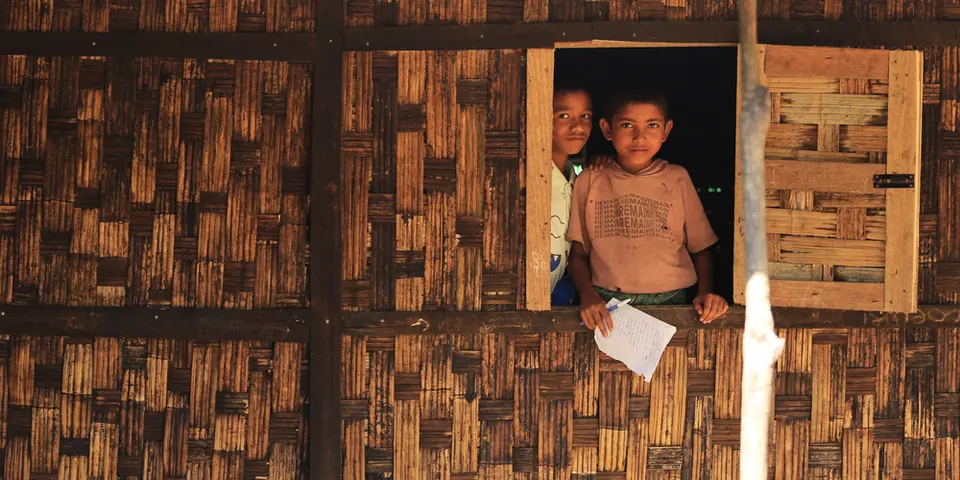
Myanmar Army, AA must protect civilians in Rakhine conflict, MPs say
March 14, 2020

JAKARTA – Regional lawmakers today urged Myanmar’s military, the Tatmadaw, and the Arakan Army (AA) to protect civilians from the ongoing fighting in Rakhine and Chin states, end all violations of human rights and humanitarian law, and ensure the delivery of humanitarian assistance to those in need.
The calls came amid an uptick in violence and civilian death and injuries in the area since early February. Over the weekend, media reports said that 21 villagers were killed and dozens injured when Tatmadaw fighter jets shot at villages in Paletwa Township, Chin State. Last week, three civilians were reportedly killed and 30 injured when Myanmar’s military launched attacks on two Rakhine townships in response to an AA ambush.
“Haven’t the people of Rakhine State suffered enough? Recent years have brought nothing but pain and violence for the communities there,” said Maria Chin Abdullah, a Malaysian Member of Parliament (MP), and member of ASEAN Parliamentarians for Human Rights (APHR). “Civilians are not a target; both the Tatmadaw and the AA must immediately and strictly comply with international humanitarian and human rights law, and ensure that local residents are protected. ”
Abuses by both parties since the conflict escalated in January 2019 have been well-documented. Last year, Amnesty International reported that the “overwhelming majority” of abuses were being committed by the Tatmadaw including indiscriminate firing in civilian areas, killing and injuring villagers, arbitrary arrests, enforced disappearances, torture, forced labour and damaging properties. It also found that the AA, a mainly Buddhist group claiming to fight for the rights of the ethnic Rakhine, had committed abuses, including abductions and arbitrary deprivation of liberty.
“Let’s not forget that it was only a few years ago that Tatmadaw soldiers committed unspeakable atrocities against the Rohingya in Rakhine State. Today, those same troops are still committing abuses in total impunity, in-part because they have never been held accountable for their actions,” said Abdullah.
“The Tatmadaw’s conduct on the ground in Rakhine shows it has no fear of being held accountable in Myanmar for its abuses. It is yet another illustration that what is needed is international accountability, and the referral of the situation of Myanmar as a whole to the ICC,” Abdullah said.
On top of the violence, communities in Rakhine State are living under one of the world’s longest-running telecoms shutdowns, which has been in place in one form or another since June 2019. The blackout puts people already in a dangerous situation even more at risk, limiting their access to livelihoods and basic information, and also obstructs the work of human rights monitors, journalists, and aid organisations, APHR said. In February, APHR joined dozens of organisations in calling on the Myanmar government to immediately lift the restrictions.
“Not only are people in Rakhine State targeted by the violence, unable to communicate among themselves and the outside world, but they are also restricted in accessing necessary humanitarian aid,” said Kunthida Rungruengkiat, a former MP of Thailand and APHR member.
According to the Report of the Special Rapporteur on the situation of human rights in Myanmar, around 58,000 people have been displaced by the AA-Tatmadaw conflict, and there are reports of both parties arbitrarily restricting humanitarian aid.
“All parties, as well as authorities, must immediately allow unfettered humanitarian access to those in need in all areas affected by the violence, as well as access to the media and human rights monitors,” Kunthida said.
ASEAN Parliamentarians for Human Rights (APHR) was founded in June 2013 with the objective of promoting democracy and human rights across Southeast Asia. Our founding members include many of the region's most progressive Members of Parliament (MPs), with a proven track record of human rights advocacy work.